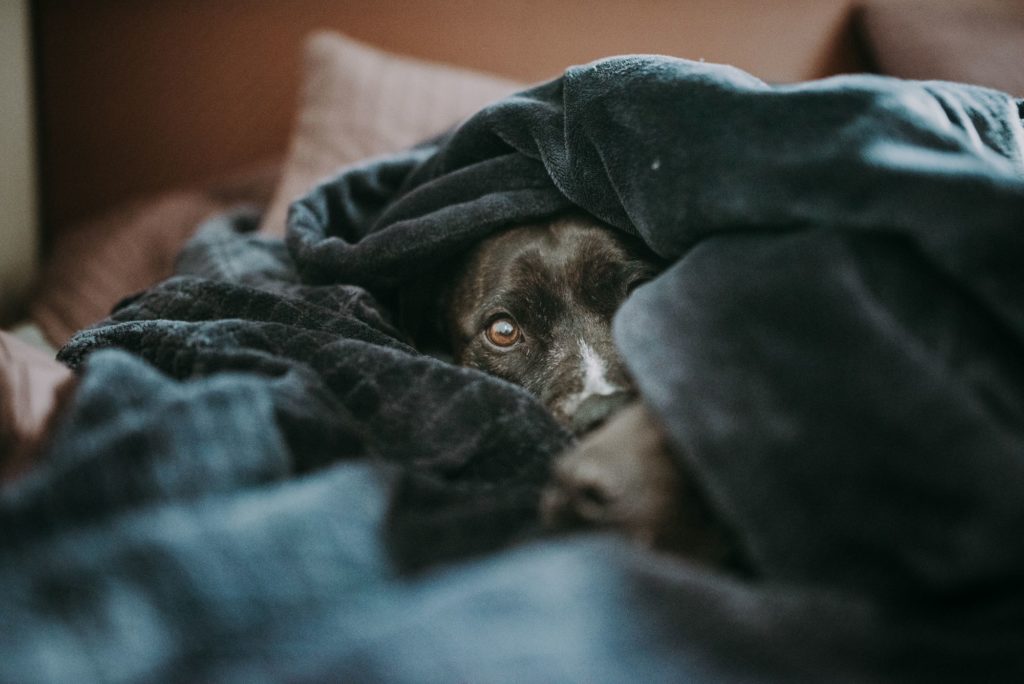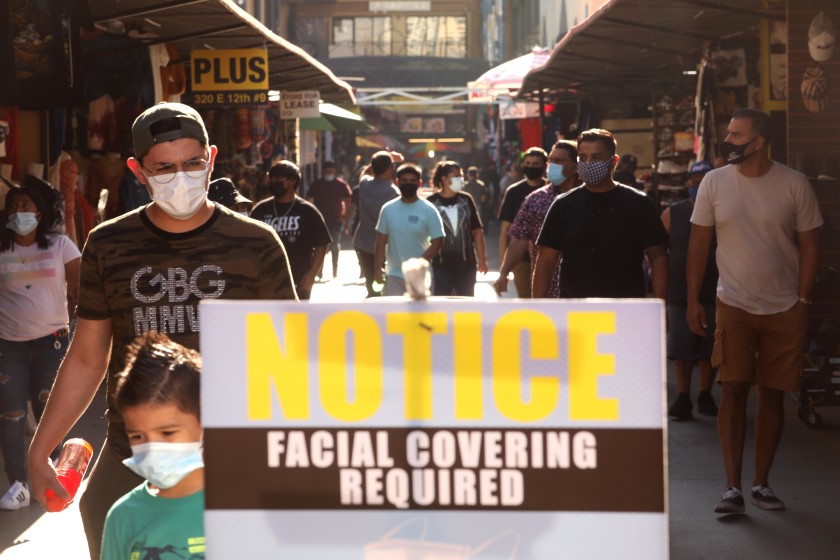
The Los Angeles County Health Officer has issued a cold weather alert due to the National Weather Service’s forecast for low temperatures. Wind chill temperatures are expected to be below 32 degrees Fahrenheit. Affected areas through Wednesday, Nov. 11include:
- Antelope Valley.
- Santa Clarita Valley.
- A. County Mountains.
“Children, the elderly, and people with disabilities or special medical needs are especially vulnerable during cold weather. Extra precaution should be taken to ensure they don’t get too cold when they are outside,” said Muntu Davis, Los Angeles County health officer. “We also want to remind people not to use stoves, barbeques or ovens to heat their homes due to the risk of carbon monoxide poisoning.”
Take precautions to protect yourself from the cold:
- Dress in layers of warm clothing if you plan to be outdoors.
- Protect head, hands and feet from the cold by wearing a hat, scarf, gloves, and socks.
- Check on and help family members, friends and neighbors with limited mobility and limited access to heat, such as seniors or those who are ill. Check on them frequently.
- If you have pets, bring them indoors and do not leave them outside overnight.
People exposed to cold weather for prolonged periods can lose body heat and develop hypothermia. Symptoms vary depending on how long you are exposed to cold temperatures. Early symptoms of hypothermia include: shivering, fatigue, loss of coordination, and confusion and disorientation. Late symptoms of hypothermia include: no shivering, blue skin, dilated pupils, slowed pulse and breathing, and loss of consciousness.
People exposed to extremely cold weather conditions, such as places where it snows and where freezing occurs, may be at risk of frostbite. Frostbite is a bodily injury caused by freezing that results in loss of feeling and color in affected areas. The most common affected areas are the nose, ears, cheeks, chin, fingers, or toes.
Gently warm the person and seek immediate medical care if you believe someone is showing signs of hypothermia or frostbite.
Prevent carbon monoxide poisoning when heating your home:
- Only use approved heaters, such as electric or natural gas heaters and fireplaces. Never use stoves, barbecues and ovens to heat your room or home, as these appliances can produce a deadly gas known as carbon monoxide that can collect inside your home.
- Install a carbon monoxide detector in your home to reduce the risk of poisoning.
- If you use an outdoor generator at home, place it at least 10 feet away from all doors and windows to avoid exhaust gases entering the home.
Carbon monoxide poisoning can cause shortness of breath, headaches, muscle and joint pain, and nausea. Exposure to high levels of carbon monoxide could lead to death within minutes. Those suffering from carbon monoxide poisoning should be taken outside, into fresh air, immediately, and should be taken to an emergency room for immediate medical treatment.
Los Angeles County residents and business owners, including people with disabilities and others with access and functional needs may also call 2-1-1 or visit 211la.org for emergency preparedness information and other referral services 24 hours a day and seven days a week. For the deaf and hard of hearing, call the TDD line at (800) 660-4026.






